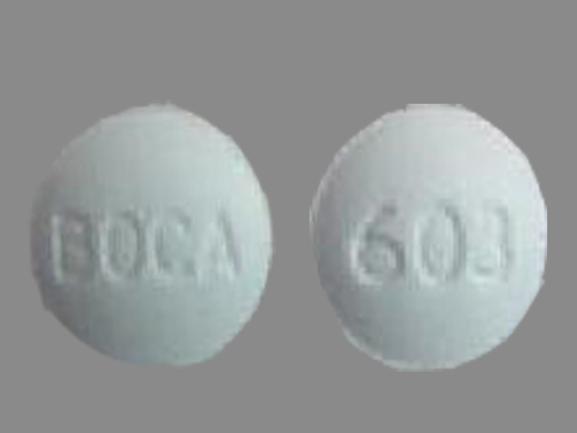Methscopolamine Dosage
Medically reviewed by Drugs.com. Last updated on Jul 28, 2025.
Applies to the following strengths: 2.5 mg; 5 mg
Usual Adult Dose for:
Additional dosage information:
Usual Adult Dose for Peptic Ulcer
Average dose: 2.5 mg orally one half hour before meals, and 2.5 to 5 mg at bedtime
- A starting dose of 12.5 mg daily (total dose) is clinically effective in most patients without appreciable side effects.
- Patients with severe symptoms needing prompt relief: Start with 5 mg orally one half hour before meals and at bedtime (total daily dose: 20 mg)
Comments:
- This drug has not been shown to be effective in contributing to the healing of peptic ulcer, decreasing the rate of recurrence, or preventing complications.
- Patients on reduced doses due to side effects often show adequate symptomatic relief and effective antisecretory effects.
- Patients with severe side effects without appreciable symptomatic relief may be unsuited for this therapy.
- Patients with an intolerance to other anticholinergic drugs may be intolerant of this medication; start these patients at a lower dosage.
Use(s): Adjunctive therapy for peptic ulcer
Renal Dose Adjustments
Data not available
Liver Dose Adjustments
Data not available
Dose Adjustments
- Reduce dose if very unpleasant side effects promptly develop.
- If neither symptomatic relief nor side effects appear, daily dosage may be increased.
- Some patients have tolerated 30 mg daily with no unpleasant reactions.
Precautions
Safety and efficacy have not been established in patients younger than 18 years.
Consult WARNINGS section for additional precautions.
Dialysis
Data not available
Other Comments
Patient advice:
- Caution patients regarding activities requiring mental alertness (such as operating a motor vehicle or other machinery or performing hazardous work) while taking this drug.
More about methscopolamine
- Check interactions
- Compare alternatives
- Pricing & coupons
- Reviews (16)
- Drug images
- Side effects
- During pregnancy
- Drug class: anticholinergics/antispasmodics
- Breastfeeding
- En español
Patient resources
Other brands
Professional resources
Related treatment guides
See also:
Further information
Always consult your healthcare provider to ensure the information displayed on this page applies to your personal circumstances.


